How Pelagic Partners is tapping into growing opportunities
“The funds industry in Cyprus was growing rapidly, which was interesting to see,” says Atef Abou Merhi, adding, “With Cyprus being a shipping hub, we thought that a combination of these two factors would provide a comfort zone for investors.”
Both Abou Merhi and Niels Hartmann, the Founders and joint Managing Directors of alternative investment fund in the shipping industry Pelagic Partners, recently delved into the fund’s uncommon makeup and the rationale behind their investment approach in an interview with GOLD magazine.
Among other things, they revealed how this approach ranges from cautious opportunism to a bold foray into the offshore wind market and explain how having two Managing Directors in place has benefit the company, with one acting as ‘the throttle’ and the other as ‘the brake.’
As I enter the cavernous lobby, my gaze is drawn to a commanding “h” mounted on the entrance-facing wall, encased within the outline of a compass. The logo of Germany’s Hartmann Group, one of Europe’s foremost family-owned shipping conglomerates, exudes a palpable aura of influence. The building, which has tall trees planted in the lobby as though a small arboretum, is the nerve centre of the Group’s operations in Cyprus. Within these same walls resides Pelagic Partners, an alternative investment fund for the shipping industry. Neils Hartmann, the Group’s second-generation CEO, is one of the two minds behind the fund. Though junior to his counterpart, the other half, Atef Abou Merhi, is no neophyte; hailing from the Lebanese Abou Merhi Group, dealing mainly in cruise liners, he has been involved in shipping affairs since 2010.
Pelagic Partners like most good ideas, arose from a combination of need and opportunity. In 2018, when the two men first met, following Niels Hartmann’s business visit to the Abou Merhi Group, shipping was still suffering from the effects of the global financial crisis, while wrestling with the plummeting price of oil.
“Shipping is very volatile and that makes it so dangerous when you are over-leveraged,” Hartmann reflects, as we convene around a table in his partner’s office. “Nearly all shipping companies went through this exercise in the mid-2000s when the market collapsed; we were all left with too expensive and highly leveraged vessels.” After Lehman Brothers’ spectacular fall in 2008, banks, which were the main financiers of the industry, lost their appetite (a tightening regulatory regime compounded the issue) and the funding vacuum created was filled in part by institutional investors and private equity. Funds offered a far more flexible dealmaking approach and could extend riskier kinds of credit as they faced less regulatory scrutiny than banks. On top of that, the depressed shipping market was ripe for bargain hunting. Hartmann gives the nod to his partner for the idea to register a fund in Cyprus. “The funds industry in Cyprus was growing rapidly, which was interesting to see,” says Abou Merhi, explaining his thinking, adding, “With Cyprus being a shipping hub, we thought that a combination of these two factors would provide a comfort zone for investors.” And certainly, the fact that the Hartmann Group has been on the island since the early 1990s through Intership Navigation (in January 2024, Hartmann spun off the ship manager in a buy-out deal with its long-time CEO Dieter Rohdenburg) played a significant part in their decision.
“As an aside,” I ask, “you are both Managing Directors. What happens when your viewpoints on how to move forward start to drift apart?”
With characteristic dry German humour, Hartmann says, “He is the throttle and I’m the brake. You need both to get where you want to go.”
“What I like about being one of two Managing Directors,” Abou Merhi chimes in, “is that Niels is some years more…mature (I won’t say ‘older’!), and this helps a lot. Sometimes I get a bit more excited while he tends to be a bit calmer.”
In the first quarter of 2020, Pelagic Partners made its maiden investment voyage under Pelagic Fund I. The first vessel – a bulker – has its miniature replica encased within a glass case outside Abou Merhi’s office. Today, the fund, which is purely equity-based and has closed for subscriptions, boasts a mixed bag of 10 second-hand vessels worth US$90 million. It’s worth mentioning that while private equity tried to fill the bank-size hole in the industry’s hull, it had varying results. As always, no one owned a (functional) crystal ball, with investment assumptions falling short against black-swan events. “You can work with certain assumptions and certain likelihoods to predict the cycle…well, we would all like to know how to do it,” Hartmann says. Abou Merhi, seasoned by his experiences navigating bear markets, echoes the sentiment, adding, “As long as you are prepared for the downturn – which will eventually come – and can find a way to benefit from the upcycle, you should be OK.”
The fund’s dealmaking approach is thus characterised by opportunism and the decades of experience of its founders, who are partial to hitting the brake more than opening the throttle. “We don’t want to speculate,” Hartmann explains. “We could, of course, try to boost our equity and do more but we don’t see the point in it. We would rather have fewer investments with little to no leverage and find the right timing.” This approach has yielded decent results. Pelagic Fund I (it has a lock-in period until 2026) has already announced a dividend payout of US$6,88 per investment unit to stakeholders.
A year after buying the handysize bulker, Pelagic Partners launched a second fund. Unlike its predecessor, the Pelagic Yield Fund, targeting US$300 million in assets under management, will give investors a steady income stream by chartering half of its portfolio – it focuses on short-duration employment, spanning one to two years. One of the deals was a public investment: in May 2023, for €11.5 million, it acquired 20% (now it stands at 23.62%) of a Norwegian company – Golden Energy Offshore Services – which owns and operates offshore service vessels for the global oil & gas and renewable offshore industry; the deal brought six Platform Service Vessels (PVS) into the fund’s portfolio. Hartmann notes, “It doesn’t really make a difference if you are going into public or private deals, as long as you can see at what stage the cycle is and believe in the fundamentals. But sometimes it is cheaper to pick up shares in vessels that are trading at a discount rather than buying assets directly.”
Niels Hartmann’s venture into the offshore market isn’t uncharted territory. By 2010, the Hartmann Group had built an eleven-strong fleet of anchor-handling tug and supply vessels. And it did well until the offshore market fell into a recession in 2014, with everybody experiencing a whiplash; some even broke their proverbial necks. “The offshore market is extremely volatile, of course,” Hartmann says matter-of-factly. “But the segment we are entering – PSVs – appears a bit more stable.”
In the post-2020 world, oil & gas companies have ramped up their offshore activities and, following the oil price surge driven by the war in Ukraine, their record profits have been reinvested into hunting for new deposits – PSVs are key in transporting equipment, goods and rig crews to offshore drilling and production platforms. As Abou Merhi explains, “It seems that the world is becoming aware that peak oil has not passed; we will probably need more of it going forward than what we thought.” On top of that, the unlikelihood of a significant newbuild orderbook materialising due to the inherent uncertainty surrounding the fossil fuels market trajectory by 2050 suggests that existing fleets, including the fund’s PSVs, are poised to experience heightened interest.
On the cleaner side of the offshore market, in September 2023, the Biden administration unveiled ambitious plans to bolster the US offshore wind industry, aiming at multiple projects online targeting a staggering 30 gigawatts of electricity generation by 2030, sufficient to power some 11 million homes nationwide. Closer to home, the UK and Germany have a combined number of 67 projects up and running, while looking eastward, China operates the largest number of wind farms in the world. Data platform Statista forecasts a surge in the global capacity of floating offshore wind energy to reach 40 gigawatts by 2027. However, amidst this flurry of activity, soaring interest rates and supply chain disruptions have impeded the timely completion of many offshore wind projects. For example, the skyrocketing price of steel – a key component in wind turbines – has more than doubled since 2020. Moreover, government auctions for projects, notably in the UK and Germany, faced significant setbacks in 2023. Nonetheless, Hartmann and Abou Merhi appear unperturbed about the impact of these challenges on Pelagic Partners’ third fund. Launched in Q2 2022, the Pelagic Wind Fund has committed so far €40 million for two newbuild service vessels with all the modern bells and whistles – the money came from its own coffers – planning to raise money to materialise a six-strong orderbook. Abou Merhi explains that while capital partners have already expressed interest in joining the fund, they expect better opportunities after securing the first employment contract.
Pelagic Partners’ ambitions in the offshore wind market underscore a principle of its modus operandi: the founders put their money where their mouth is. Across the entire RAIF, the fund stake is 34% with the commitment rising to 58%. “And we are not merely fund managers; we are also ship-owners,” Abou Merhi asserts, alluding to how Pelagic Partners is managed by scions of traditional shipping families in a landscape predominantly steered by C-level executives of shipping companies or dedicated fund managers. While having the Hartmann Group literally next door opens doors for deals and entices prospective investors, this unique composition also creates an impalpable compatibility between the traditional and the modern, the old and the new – the throttle and the brake. While impossible to say this was intentional, the fund’s office also appears to mirror this very same agreement. There is a simple and agile open plan, a screen at one end of a high table showing market updates and a sofa nook, while, like an umbilical cord, a narrow corridor connects the office with the rest of the building.
Nonetheless, the fund will persist in its opportunistic approach going forward, tapping into the growing opportunities for vessel types as it expects demand for eco-friendly ships to increase. Meanwhile, Abou Merhi says, it will look at deals to cut down the carbon footprint of its existing portfolio.
“What about a new fund to invest in maritime startups?” I ask.
“Indeed, it is something we are discussing right now. There’s a lot going on with new technologies, from IoT to new fuels, but they are all at a very early stage and with a lot of unknowns and uncertainties. But, on the other hand, it is very exciting, right?” Hartmann says with subdued yet clear enthusiasm.






















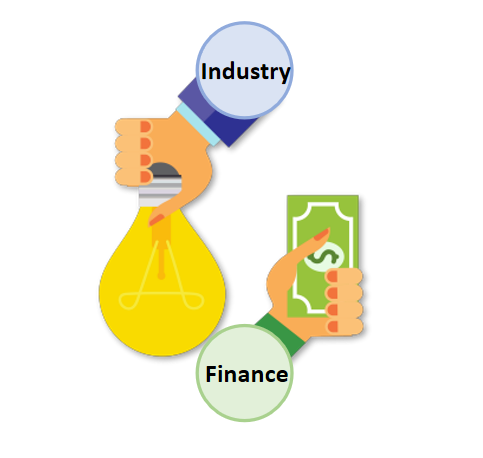
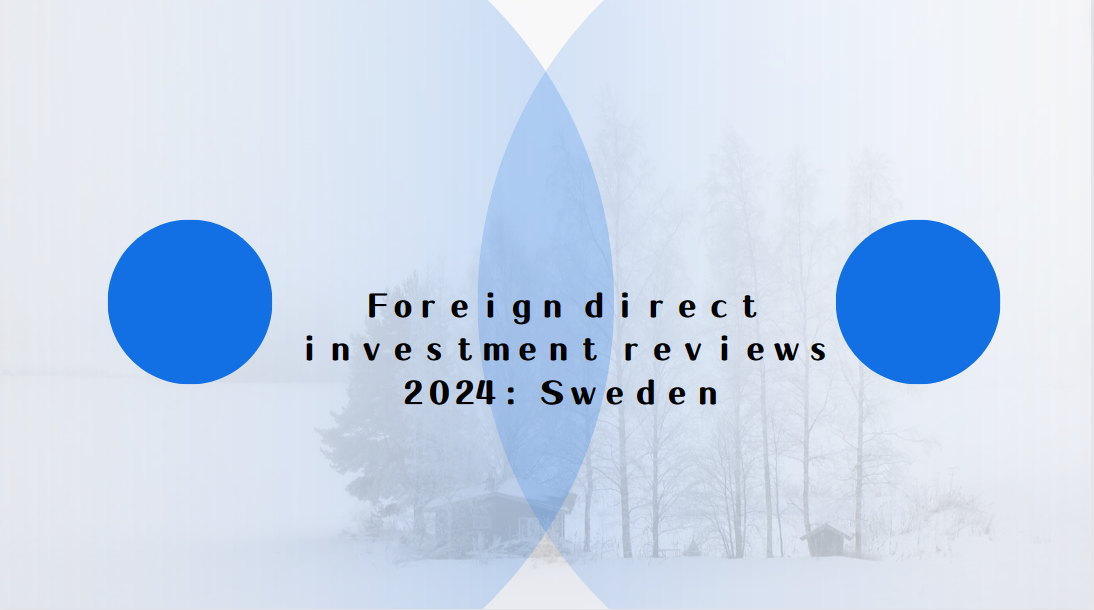
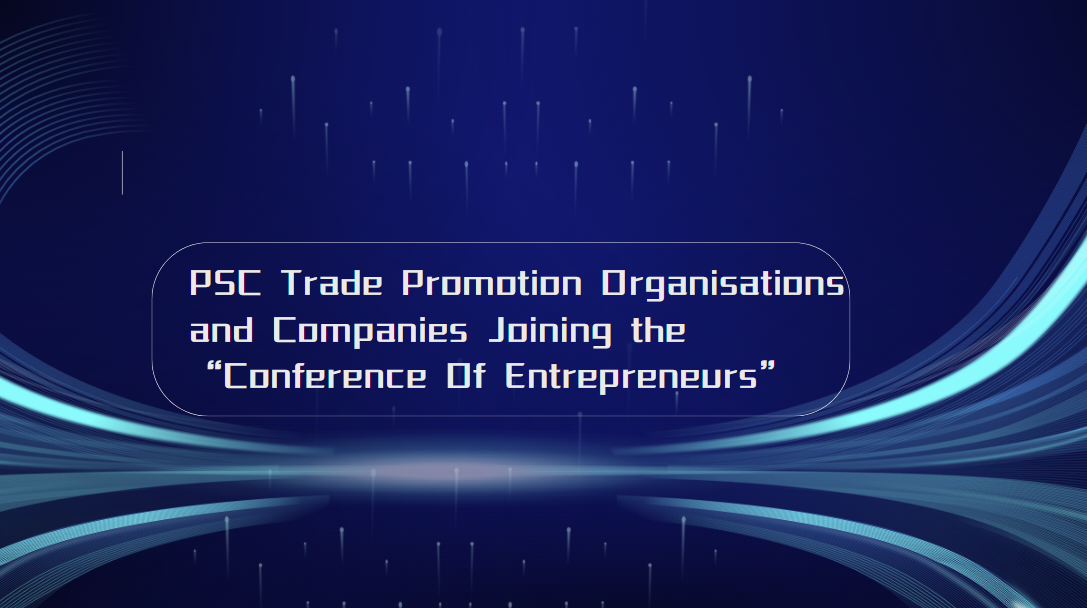
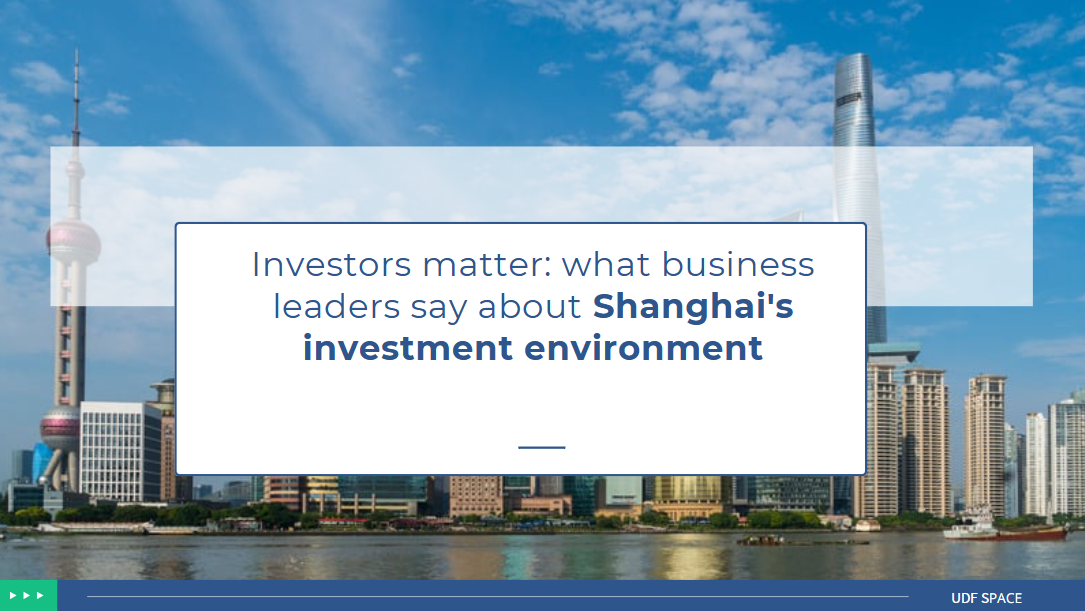
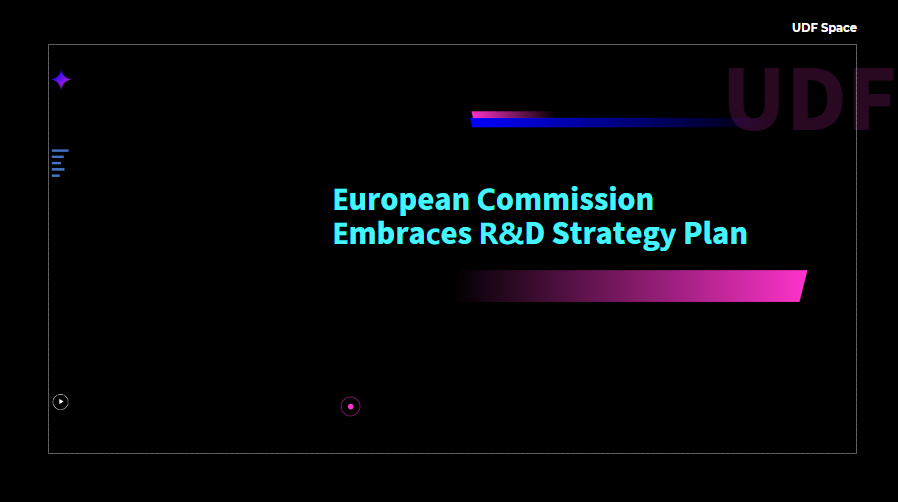




























First, please LoginComment After ~